Introducing ‘SheZow,’ The ‘Transgender’ Superhero Cartoon That Will Destroy America And/Or Entertain Some Children

The United States of America was expected to meet its sad end this past weekend when The Hub network debuted its new animated children's series SheZow. The Australian/Canadian cartoon, which already debuted in other, less delicate countries without causing social disorder, is about a boy with a superhero secret identity. The shocking twist that almost brought America to its knees is that his superhero secret identity is female.
Brace yourself, America, because it gets worse.No, actually, it doesn't. That's really the whole concept. Created by Obie Scott Wade, SheZow is the story of Guy Hamdon, a young kid who inadvertently takes on the mantle of his late aunt's celebrated superhero alter ego. Some in the media have dubbed it a "transgender" kids' show, because some in the media like to use transgenderism to try to provoke outrage regardless of the social cost, but as it happens SheZow is not about transgenderism at all. Guy is a boy who takes on a female cover identity. He does not become female. He does not identify himself as female. Crucially, he does not want to be female. He is defintively not transgender; he is, in his own words, a dude. He's a dude whose superhero identity has long hair and a skirt. Like Thor.
Having watched the first two episodes of the show, we here at ComicsAlliance can say with confidence that SheZow is not shocking, except perhaps in the quality of its she-based puns. It's a fun, light-hearted superhero comedy that is no more likely to erode the fabric of modern society than Phineas and Ferb, and less likely to do so than the same network's best-known show, insidious socialist brainwashing tool My Little Pony: You Must Submit To Friendship.
The people reflexively criticizing the show without watching it -- both in the media and on the parts of your Facebook wall that you can't escape because it will upset your mother -- have imposed a political narrative on a simple idea. Secret identities lay at the core of much superhero fiction, and some heroes go through greater transformations than others. The simple notion of a male hero with a female alter ego is well within the bounds of the genre -- and of the medium of children's animation. In essence, SheZow is a girl superhero in the same way that Batman is a bat superhero, right down to Batman having a Batmobile and SheZow having a Shehicle. (There really are a lot of she-based puns.)
That's not to say that the show won't find an appreciative audience in kids with non-conformist views on gender. SheZow is predicated on the idea that there is nothing wrong wih being a girl, that a girl can be powerful and heroic and still be "girly." (The show's theme song describes this state of affairs as "livin' the dream.") The message is that Guy is empowered by his female alter ego; he gains from this experience. It's a message that will resonate with kids who might grow up gay, or trans, or in some other way queer or uncertain. Sure, that's got to be frustrating if you're the sort of person who likes to limit a child's opportunities for growth and discovery and maybe drive them towards lives of despair and unrealized potential, but you can't please everybody.
Or, you can't please anybody. The show also has its critics on the pro-social justice side, because SheZow's appearance and affectations are very stereotypically girly. Her costume is pink with leopard print and high heels; her weapons include lipstick and a hairbrush; her powers of super strength, super speed and She-S-P (oh yes) are literally dependent on the lustre of her hair.
It sounds egregious, but the show's concept is dependent on the idea that there is nothing wrong with being a girly girl. SheZow is presumably meant to represent a specific type, and not everyone who might be described by the pronoun "she." Indeed, there wouldn't be much of a hook if Guy's alter ego was a buzzcut tomboy who liked khaki and sports and hated glitter and gender normativity.
The show also serves up a more neutral female presence in Guy's older sister, a smart, wry girl who serves as his mentor and tormentor. The show doesn't work out all its problems in the first two episodes -- my least favorite moment was when Guy's cop dad dismissively referred to SheZow as "SheCow" -- but on balance it seems to want to present a positive message of acceptance.
On paper, a show about a cross-dressing kid does sound radical. In execution, it's very mainstream. Of course, that's exactly how the world moves forward, and that's exactly what certain elements are afraid of. It starts with a slightly cheeky cartoon. It ends with a tribal primate government and the Statue of Liberty laying askew on a beach. Won't somebody think of the children, and quickly teach them all the same small-minded prejudices that made us such perfect saints?

More From ComicsAlliance





![Feminist, Queer, And Lots of Fun: ‘Cassius’ from Emily Willis and Ann Uland [Back Pages]](http://townsquare.media/site/622/files/2015/03/cassius11.png?w=980&q=75)



